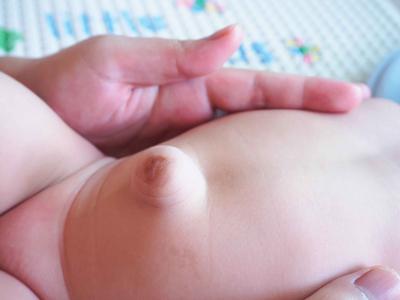- +86 196 0217 6777
- [email protected]
- Monday - Sunday 9.00 - 18.00
Pediatric hernias are a common condition characterized by the protrusion of an organ or tissue through a weak spot or opening in the abdominal wall. Here are some manifestations of pediatric hernia symptoms that parents should be aware of:

1.Visible Bulge: The most common symptom of a pediatric hernia is a visible bulge or swelling in the groin or abdominal area. This bulge may become more prominent when the child coughs, cries, or strains during a bowel movement.
2.Pain or Discomfort: Children with hernias may experience intermittent or constant pain or discomfort in the affected area. The pain can vary from mild to severe and may worsen with physical activity or prolonged standing.
3.Irritability or Crying: Infants and young children with hernias may display signs of irritability, fussiness, or excessive crying. They may be unable to communicate the exact source of their discomfort, but the hernia-related pain can contribute to their overall irritability.
4.Inconsolable Crying During Feeding: In some cases, infants with hernias may experience increased discomfort or crying episodes during feeding. The pressure on the abdominal area from feeding can exacerbate the symptoms of the hernia.
5.Swelling or Redness: In certain types of hernias, such as inguinal hernias, there may be associated swelling, redness, or tenderness around the hernia site. These signs may indicate that the hernia is incarcerated or strangulated, which requires immediate medical attention.
6.Nausea and Vomiting: When a hernia becomes trapped or incarcerated, it can obstruct the normal flow of food and fluids through the digestive tract. This can lead to symptoms such as nausea, vomiting, and difficulty passing stool.
7.Changes in Bowel Movements: Pediatric hernias can sometimes affect bowel movements. Children may experience constipation, difficulty passing stool, or changes in the frequency or consistency of their bowel movements.
It's important to note that not all pediatric hernias present with symptoms. In some cases, hernias may be detected during routine physical examinations or medical screenings. If you suspect your child may have a hernia or notice any of the above symptoms, it is crucial to seek medical evaluation and guidance from a healthcare professional. Early detection and appropriate management of pediatric hernias can help prevent complications and ensure the well-being of your child.